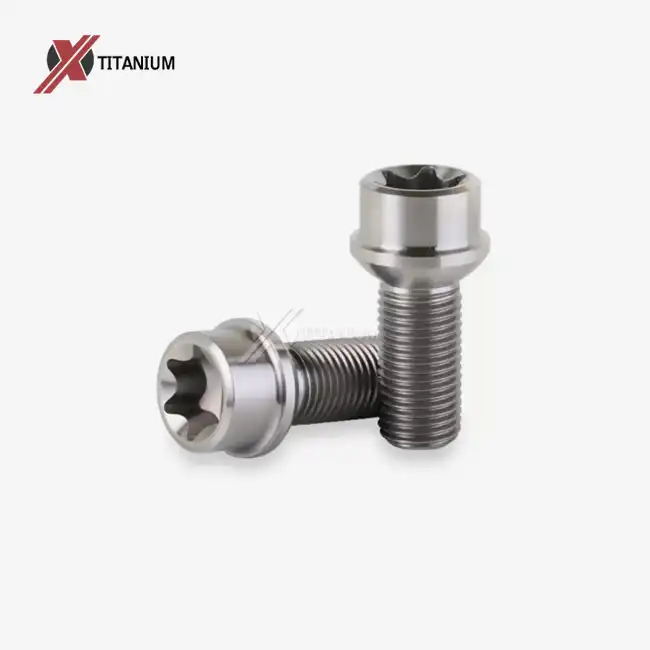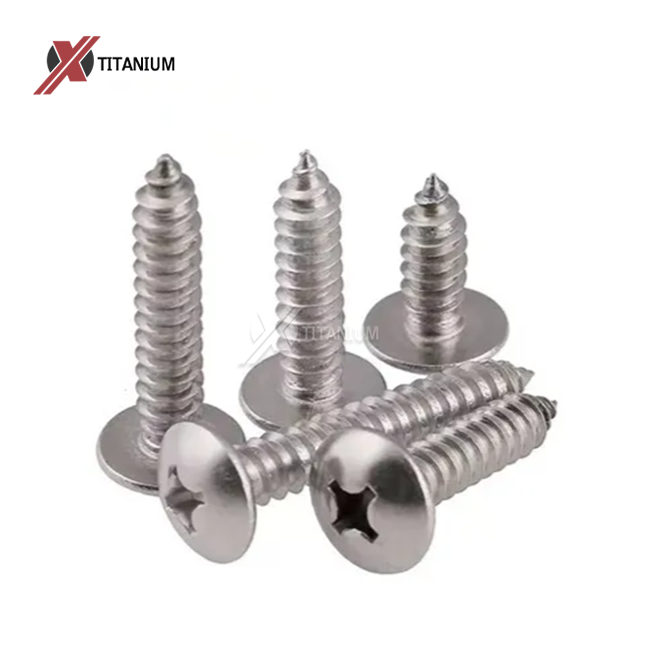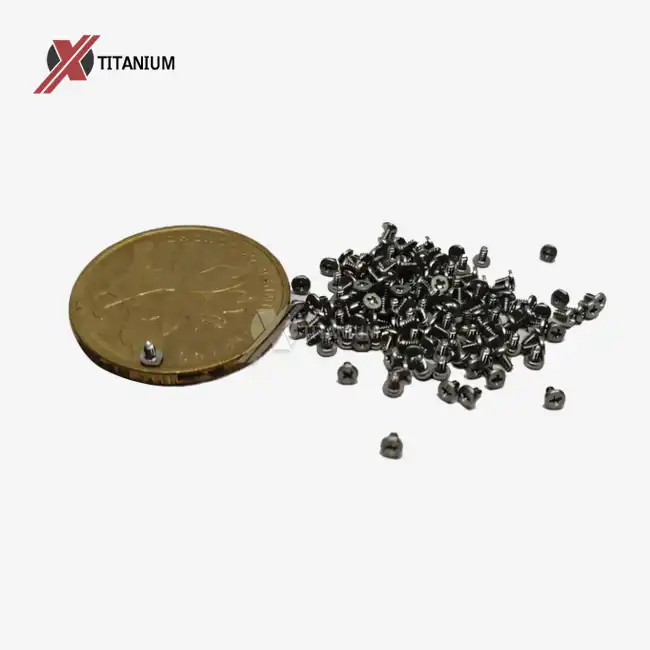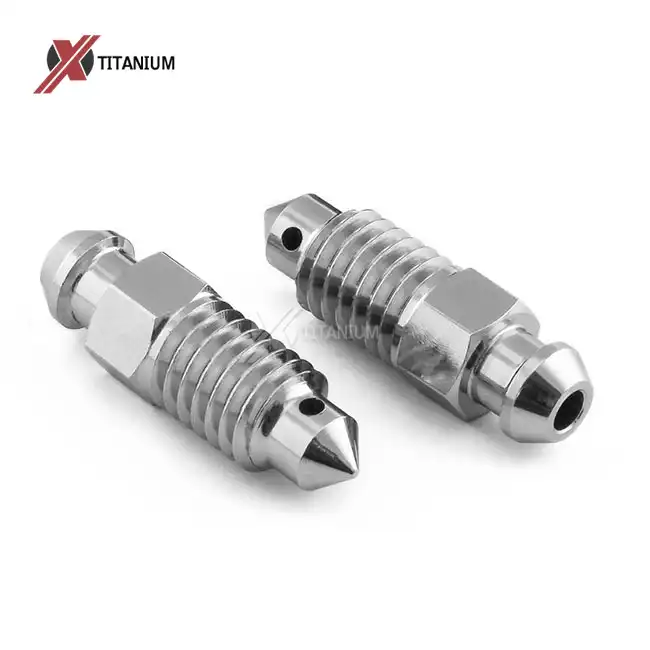- English
- French
- German
- Portuguese
- Spanish
- Russian
- Japanese
- Korean
- Arabic
- Greek
- German
- Turkish
- Italian
- Danish
- Romanian
- Indonesian
- Czech
- Afrikaans
- Swedish
- Polish
- Basque
- Catalan
- Esperanto
- Hindi
- Lao
- Albanian
- Amharic
- Armenian
- Azerbaijani
- Belarusian
- Bengali
- Bosnian
- Bulgarian
- Cebuano
- Chichewa
- Corsican
- Croatian
- Dutch
- Estonian
- Filipino
- Finnish
- Frisian
- Galician
- Georgian
- Gujarati
- Haitian
- Hausa
- Hawaiian
- Hebrew
- Hmong
- Hungarian
- Icelandic
- Igbo
- Javanese
- Kannada
- Kazakh
- Khmer
- Kurdish
- Kyrgyz
- Latin
- Latvian
- Lithuanian
- Luxembou..
- Macedonian
- Malagasy
- Malay
- Malayalam
- Maltese
- Maori
- Marathi
- Mongolian
- Burmese
- Nepali
- Norwegian
- Pashto
- Persian
- Punjabi
- Serbian
- Sesotho
- Sinhala
- Slovak
- Slovenian
- Somali
- Samoan
- Scots Gaelic
- Shona
- Sindhi
- Sundanese
- Swahili
- Tajik
- Tamil
- Telugu
- Thai
- Ukrainian
- Urdu
- Uzbek
- Vietnamese
- Welsh
- Xhosa
- Yiddish
- Yoruba
- Zulu
Why Are Titanium Button Head Bolts the Best Choice for High-Performance Applications?
Titanium button head bolts have gained significant popularity in various demanding industries, from aerospace and marine to motorsports and medical engineering. Their unique combination of high strength, low weight, and excellent corrosion resistance makes them a top-tier fastener for applications that require both performance and longevity. But what sets these bolts apart from other fasteners? How are they made to meet such high standards? And which industries benefit the most from using them?
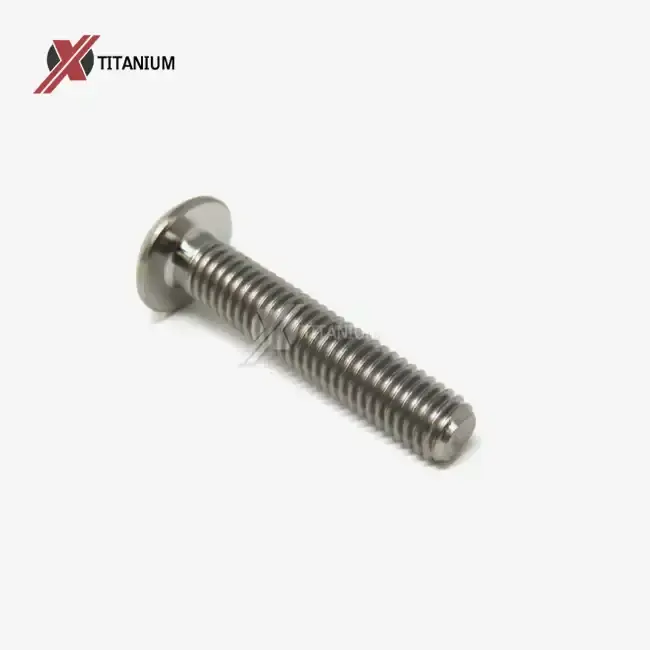
What Makes Titanium Button Head Bolts Stronger and Lighter Than Traditional Fasteners?
Titanium is renowned for its extraordinary strength-to-weight ratio. Titanium alloys, particularly Grade 5 (Ti-6Al-4V), are widely used in the production of button head bolts because they offer impressive mechanical properties while remaining significantly lighter than steel or even stainless steel. Let’s break down why this matters:
1. Strength-to-Weight Superiority
Aerospace and performance-driven industries always prioritize components that can deliver high performance without adding excessive weight. Titanium has a density of about 4.5 g/cm³—roughly 60% of steel’s—but can deliver comparable tensile strength. Grade 5 titanium bolts, for example, provide a yield strength of over 880 MPa while maintaining a low mass. This means engineers can achieve structural integrity without compromising the weight factor.
2. Corrosion Resistance
Titanium’s natural oxide layer offers excellent resistance to corrosive environments, including seawater, acidic compounds, and chlorides. This makes titanium button head bolts ideal for marine engineering, chemical plants, and medical implants, where corrosion can quickly compromise safety and performance.
3. Fatigue Resistance
Titanium bolts can withstand cyclic loading far better than many other metals. This makes them ideal in applications like aircraft fuselage assemblies, race car frames, or orthopedic implants, where stress fluctuations are continuous.
4. Thermal Stability
Titanium maintains structural integrity even at elevated temperatures. While aluminum may deform and steel may oxidize or lose strength under high heat, titanium remains reliable. This makes titanium bolts suitable for use in engine compartments, aerospace turbine components, and exhaust systems.
How Are Titanium Button Head Bolts Manufactured for Precision and Durability?
The value of titanium button head bolts lies not only in the material itself but also in how they are manufactured. Producing a titanium bolt requires advanced processes to ensure accuracy, consistency, and performance.
1. Material Selection and Alloying
Manufacturers typically start with titanium ingots, especially Grade 2 for pure applications and Grade 5 (Ti-6Al-4V) for high-strength requirements. These materials are melted and alloyed under controlled conditions, often in vacuum arc remelting (VAR) furnaces, to ensure purity and uniformity.
2. Forging and Heat Treatment
The raw titanium is then forged into a cylindrical blank. Heat treatment processes, such as annealing or solution treatment followed by aging, help enhance mechanical properties like tensile strength and toughness. The head is cold-forged into a button shape, a design chosen for its safety and aesthetic qualities—there are no sharp edges, and it allows low-profile, smooth installation.
3. Precision Machining
The bolt shaft is precision-machined using CNC equipment. This includes threading the shaft, cutting the grip length, and applying any required under-head features for load distribution. The tolerances are extremely tight—often within ±0.01 mm—to meet industry requirements, especially for aerospace or surgical applications.
4. Surface Finishing
Titanium button head bolts may undergo anodizing for additional corrosion resistance and to provide color coding. Some are also treated with PVD (physical vapor deposition) coatings to enhance surface hardness or frictional behavior. Others are polished or bead-blasted for specific aesthetic or tactile properties.
5. Quality Inspection
Every batch of titanium bolts is tested for hardness, tensile strength, corrosion resistance, and dimensional accuracy. Non-destructive testing methods such as ultrasonic inspection and dye penetrant testing are employed to detect internal or surface-level cracks or voids.
Where Are Titanium Button Head Bolts Most Commonly Used, and Why?
Because of their unique material and design benefits, titanium button head bolts are favored across a wide spectrum of industries. Their reliability, low profile, and impressive mechanical performance make them the go-to choice in high-value environments.
1. Aerospace and Aviation
In aviation, every gram matters. Aircraft must balance strength and fuel efficiency, making titanium bolts ideal for structural panels, engine mounts, and control systems. Their fatigue resistance is especially beneficial in airframe joints subject to vibration and load cycles.
2. Automotive and Motorsports
Titanium button head bolts are a staple in motorsport engineering. Used in suspension systems, brake calipers, and engine components, these bolts reduce vehicle weight without sacrificing strength. Their sleek, anodized appearance also adds aesthetic appeal, especially in luxury or custom vehicles.
3. Marine and Offshore Engineering
Titanium’s corrosion resistance is unmatched in saltwater environments. Marine engineers rely on these bolts for hull fastenings, subsea equipment, and even components of naval submarines. Their long lifespan reduces maintenance costs and enhances vessel safety.
4. Medical Devices and Implants
Biocompatibility is a must for medical-grade fasteners. Titanium does not trigger immune reactions or degrade inside the human body, making button head bolts suitable for orthopedic implants, dental hardware, and surgical tools. Their smooth finish and precision machining reduce patient trauma and promote healing.
5. Industrial and Chemical Processing
In environments where acids, alkalis, or volatile substances are present, titanium bolts ensure long-lasting performance. Their resistance to industrial chemicals makes them ideal for reactors, pipelines, and equipment in the pharmaceutical and petrochemical sectors.
Conclusion: The Future of Fastening Lies in Titanium
Titanium button head bolts offer unmatched advantages: superior strength-to-weight ratio, excellent corrosion and fatigue resistance, thermal stability, and biocompatibility. These properties, coupled with advanced manufacturing techniques, make them a key player in industries that demand high performance and durability.
As manufacturing capabilities evolve and titanium becomes more cost-effective, we can expect even broader adoption of titanium bolts in both high-end and mainstream engineering applications. Whether you’re building aircraft, racing cars, ocean vessels, or surgical devices, titanium button head bolts are likely to become your first-choice fasteners.
References
Smith, J.R. (2021). Advanced Materials in Aerospace: The Role of Pure Titanium. Journal of Aerospace Engineering, 45(3), 234-248.
Johnson, A.M. & Williams, P.K. (2020). Biocompatibility of Titanium in Medical Implants: A Comprehensive Review. Biomaterials Science, 8(12), 3301-3320.
Chen, Y., et al. (2019). Corrosion Behavior of Pure Titanium in Marine Environments. Corrosion Science, 152, 120-133.
Patel, R.N. & Thompson, L.E. (2022). Manufacturing Processes for High-Quality Titanium Plates. Advanced Materials Processing, 180(5), 45-58.
Garcia, M.S., et al. (2023). Applications of Pure Titanium in Sustainable Architecture. Architectural Engineering and Design Management, 19(2), 178-195.
Learn about our latest products and discounts through SMS or email
